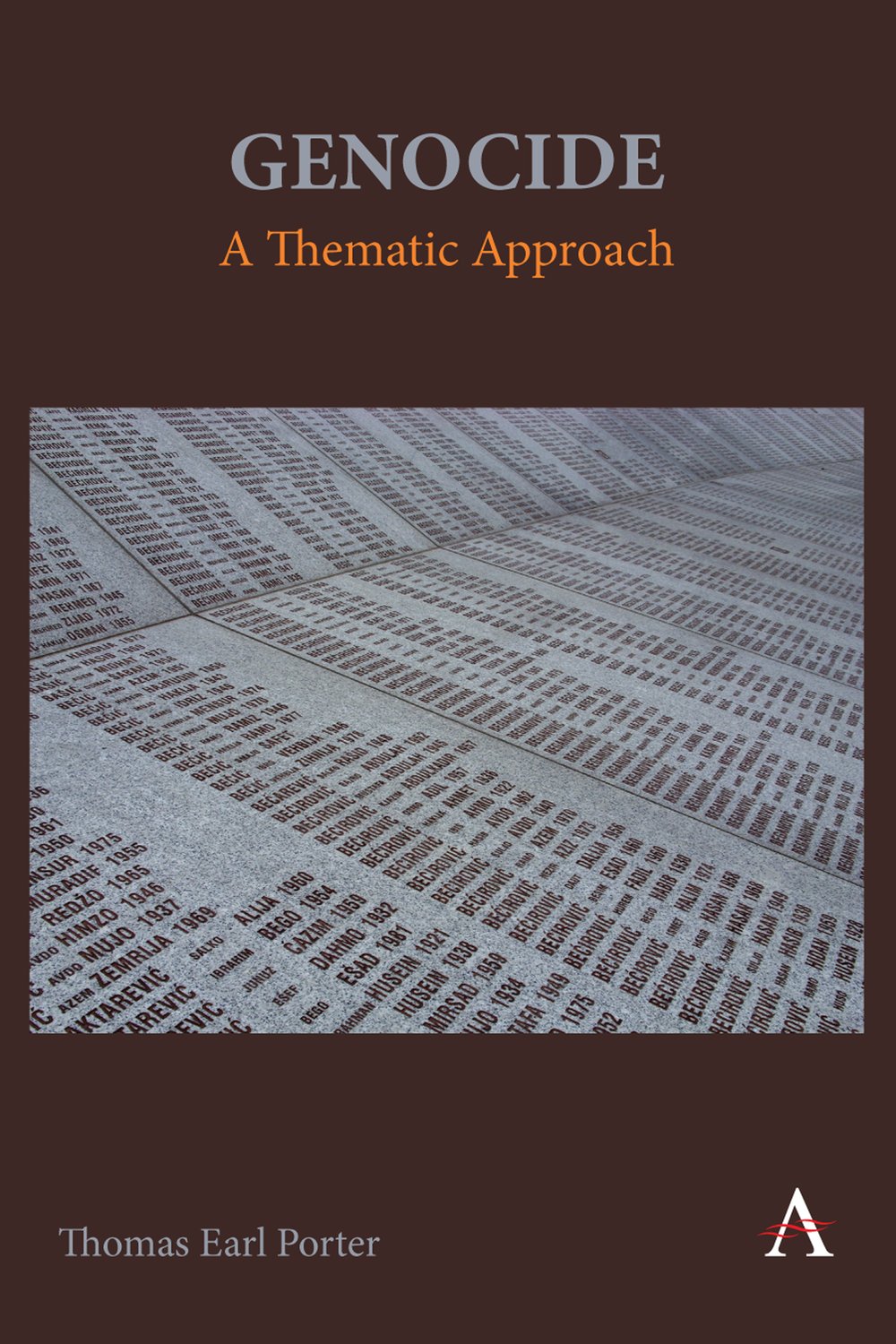Genocide
A Thematic Approach

The purpose of this volume is not simply to compile yet another wearying chronicle of the horrors that have been committed by our fellow human beings.
Most students who register for a course on Genocide assume that it will focus, perhaps exclusively, on the Holocaust – the case with which they are most familiar. Many of them have read Elie Wiesel’s eloquent masterpiece Night in secondary school, and some may have read The Diary of Anne Frank. A few students might even know that a genocide occurred in Rwanda or Darfur. Like most people, however, they equate genocide simply with mass killing, and assume that genocide must by definition entail millions of deaths.
Raphael Lemkin, who coined the word 'genocide' – meaning literally 'to kill a people' – originally defined it 'a colonial crime of destroying the national patterns of the oppressed and imposing the national patterns of the oppressors'. This was a process, Lemkin said, deliberately intending to destroy a people’s culture that could sometimes but not necessarily always result in mass murder. Students need to know that after World War II the great powers undermined and co-opted the process of writing the 1948 Genocide Convention at the UN – because these nations did not want their own colonial crimes, oppression of minorities,and destructions of cultures to be included in the definition.
Instead, they simply used the Holocaust as a template and succeeded in distorting what Lemkin originally meant by 'genocide' – the murder of a people by destroying their social and cultural connections.

Thomas Earl Porter is Professor of Russian and Modern European History at North Carolina A&T State University, Greensboro, NC.
John Cox is Associate Professor of History and Global Studies at the University of North Carolina Charlotte.
